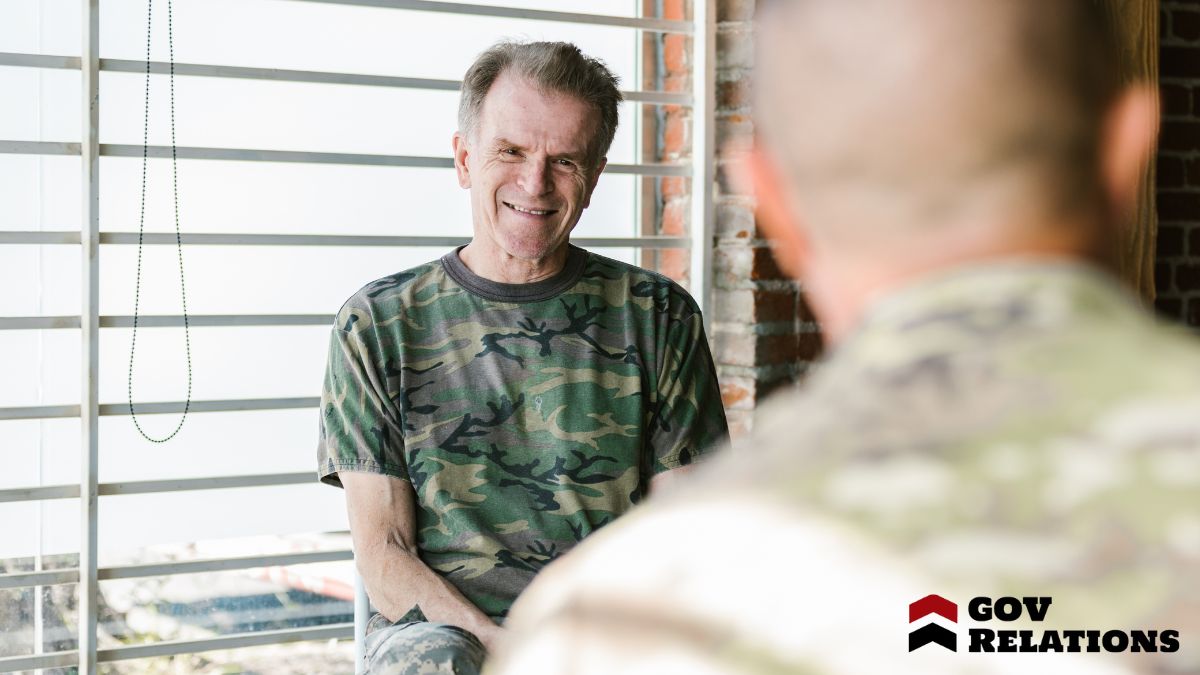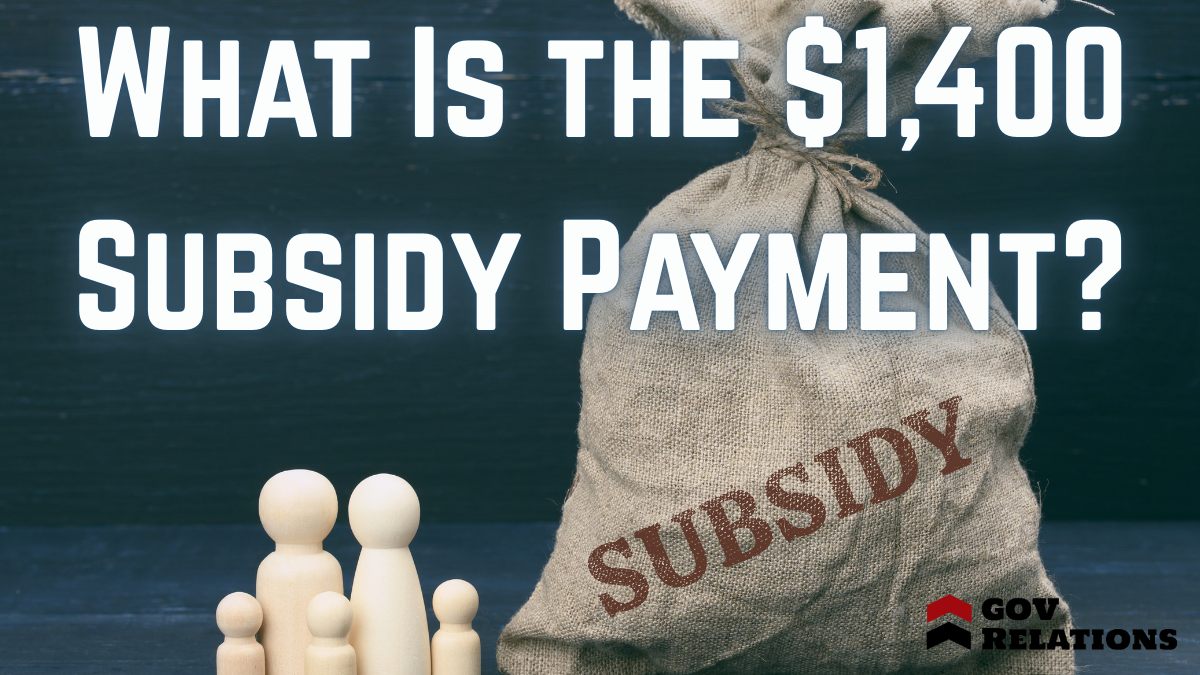We recognize how essential financial support is for low-income veterans. Programs like the VA Pension and Aid and Attendance benefit offer monthly payments and additional assistance. For healthcare, VA medical centers provide reduced-cost treatments, and housing assistance through HUD-VASH can secure stable living conditions. Educational resources like the GI Bill, alongside employment support via the VA's VR&E program, empower veterans to reshape their futures. Explore all these avenues to uncover more supportive opportunities.
Key Takeaways
- VA Pension provides monthly payments to veterans with limited income who served during wartime.
- Aid and Attendance benefit offers additional financial support for daily living assistance.
- HUD-VASH program offers housing vouchers and VA support for homeless veterans.
- VA healthcare services provide reduced or no-cost treatments based on income and service conditions.
- GI Bill and scholarships cover education costs, reducing financial burdens for veterans.
Understanding VA Benefits for Low-Income Veterans

Steering through the world of VA benefits can be overwhelming, but understanding what’s available for low-income veterans is important. We’re here to help make sense of it all.
VA benefits offer essential support, especially for those facing financial challenges. Programs like the VA Pension provide monthly payments to veterans with limited income who served during wartime. Health care benefits, through VA medical centers, guarantee access to necessary treatments without the burden of high costs.
We should also consider the Aid and Attendance benefit, which offers additional financial assistance for veterans needing help with daily activities.
It’s critical to explore these options, as they can considerably alleviate financial stress. Let's work together to make sure every eligible veteran receives the benefits they've earned.
Housing Assistance Programs for Veterans
Finding secure and affordable housing is essential for veterans returning to civilian life, and housing assistance programs can play an important role in this process. These programs help guarantee that veterans have the support they need to avoid homelessness and achieve stability.
The Department of Veterans Affairs (VA) offers several options, such as the HUD-VASH program, which combines Housing and Urban DevelopmentEligibility for projects aimed at revitalizing urban areas and addressing urban-specific challenges.... (HUD) vouchers with VA support services. This program is designed to help homeless veterans and their families obtain permanent housing.
Additionally, the Supportive Services for Veteran Families (SSVF) program provides grants to private non-profit organizations and consumer cooperatives. These grants assist in promoting housing stabilityRequirements for projects aimed at providing stable and affordable housing solutions. among very low-income veteran families.
Access to Affordable Healthcare for Veterans
While securing stable housing for veterans is a significant step forward, ensuring access to affordable healthcare is equally important in supporting their well-being.
We can’t overlook the role healthcare plays in their lives, addressing both physical and mental health needs. The Department of Veterans Affairs (VA) offers extensive healthcare services through its network of facilities, often at reduced or no cost based on income and service-related conditions.
Veterans may qualify for programs like MedicaidA joint federal and state program that helps with medical costs for some people with limited income ... or TRICARE, which further alleviate financial burdens. It's essential for us to understand these options and encourage veterans to explore them.
Access to affordable healthcare not only aids recovery and wellness but also empowers veterans to lead healthier, more fulfilling lives. Let’s support them on this journey.
Educational Opportunities and Financial Aid
As we explore educational opportunities and financial aid for veterans, it's crucial to recognize the transformative power education holds in reshaping their futures. Many of our veterans seek to further their education, and fortunately, there are resources to support them.
The GI Bill stands as a cornerstone, covering tuition, housing, and supplies for those eligible. Additionally, the Yellow Ribbon Program helps cover expenses beyond the GI Bill's limits at participating schools.
Scholarships specifically for veterans also ease financial burdens, offering a path to degrees and certifications. We should also consider federal student aid options, like Pell Grants, which don’t require repayment.
Employment Support and Job Training Programs
Changing from military service to civilian employment can be challenging, but numerous programs are designed to support veterans in this journey.
We can explore resources like the VA’s Vocational Rehabilitation and Employment (VR&E) program, which helps us find suitable careers by providing job training, resume development, and even apprenticeships.
Additionally, the Department of Labor’s Veterans’ Employment and Training Service (VETS) offers valuable guidance and support for job-seeking veterans.
Let’s not overlook the American Job Center network, which connects us to local employment resources and workshops.
They help us build job-hunting skills and connect with potential employers.
Grants and Financial Aid From Non-Profit Organizations
For many low-income veterans, financial assistance from non-profit organizations can be a lifeline.
These organizations offer various grants and financial aid to help ease financial burdens. Understanding how to access these resources empowers us to take control of our financial well-being.
Let’s explore four key types of support non-profits may provide:
- Housing Assistance: Grants to cover rent, utilities, and essential repairs.
- Educational Support: Scholarships and funds for vocational training or higher education.
- Healthcare Aid: Assistance with medical bills and access to health services.
- Emergency Relief: Funds for unexpected expenses like car repairs or food.
Navigating Emergency Financial Assistance for Veterans

When unexpected financial challenges arise, it's essential for us to understand how to apply for emergency aid effectively.
We'll explore the steps needed to access this support and identify the resources available to veterans in urgent need.
Applying for Emergency Aid
How can veterans swiftly secure emergency financial aid when unforeseen challenges arise? Understanding the application process can make all the difference. Here’s how we can navigate it together:
- Gather Essential Documents: Start by collecting identification, proof of military service, and any documents detailing the financial emergency. Having everything ready guarantees a smoother process.
- Contact the Right Organizations: Reach out to veteran-specific organizations like the VA or local veteran service offices. They often have dedicated teams to guide us through the process.
- Submit Applications Promptly: Once we’ve chosen an aid source, submit the application as soon as possible. Timeliness can be vital in emergencies.
- Follow Up Regularly: Stay in contact with the organization. Following up can help us resolve any application issues and speed up the aid process.
Identifying Available Resources
What resources can we tap into during a financial crisis?
Let's explore a few key options available to veterans. First, the Department of Veterans Affairs (VA) provides emergency financial assistance for housing and basic needs through programs like the Supportive Services for Veteran Families (SSVF).
It's worth checking with local veterans' organizations, as they often have funds or can direct us to additional resources. Nonprofits like Veterans of Foreign Wars (VFW) offer programs such as the Unmet Needs program, which provides grants to help cover unexpected expenses.
We should also consider accessing state-level resources, as many states have dedicated funds for veterans in need.
Conclusion
In exploring financial assistance for low-income veterans, we've highlighted several valuable resources. From VA benefits and housing programs to affordable healthcare, educational opportunities, and job training, there's support available. Non-profit organizations also offer grants, while emergency financial aid can provide immediate relief. Let’s remember, maneuvering through these options can be challenging, but we're all in this together. By leveraging these resources, we can help guarantee our veterans receive the support they truly deserve.







